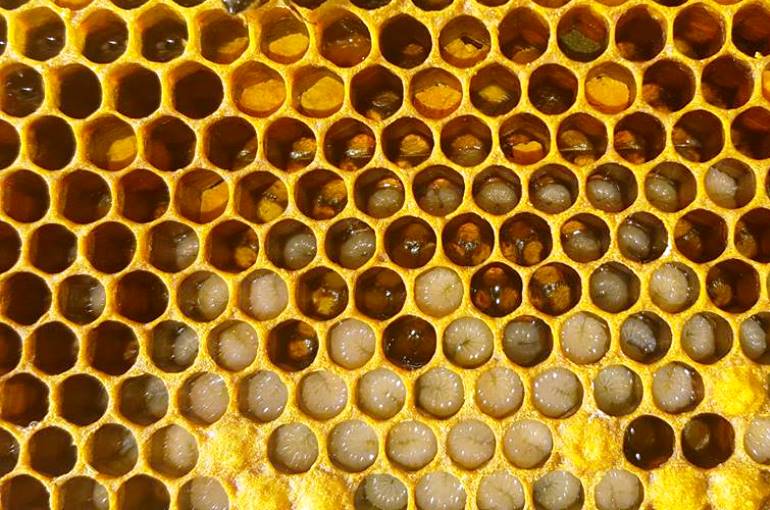How Honey is made by Bees

This post is also available in:
This post is also available in:
![]() Español (Spanish)
Español (Spanish) ![]() Français (French)
Français (French) ![]() Deutsch (German)
Deutsch (German) ![]() Nederlands (Dutch)
Nederlands (Dutch) ![]() हिन्दी (Hindi)
हिन्दी (Hindi) ![]() العربية (Arabic)
العربية (Arabic) ![]() Türkçe (Turkish)
Türkçe (Turkish) ![]() 简体中文 (Chinese (Simplified))
简体中文 (Chinese (Simplified)) ![]() Русский (Russian)
Русский (Russian) ![]() Italiano (Italian)
Italiano (Italian) ![]() Ελληνικά (Greek)
Ελληνικά (Greek) ![]() Português (Portuguese (Brazil))
Português (Portuguese (Brazil)) ![]() Tiếng Việt (Vietnamese)
Tiếng Việt (Vietnamese) ![]() Indonesia (Indonesian)
Indonesia (Indonesian) ![]() 한국어 (Korean)
한국어 (Korean) ![]() polski (Polish)
polski (Polish)
How do bees produce Honey?
Worker bees (who account for at least 98% of the beehive population) are the ones that produce honey under a complicated procedure. A great number of worker bees are necessary; no single honeybee can produce honey without the other members of the team. In a few words, “transport bees” suck the nectar out of flowers and they store it in their second special stomach (designed especially for storing honey) while they fly back to the hive. Once they arrive at the hive, they deliver the nectar to the “chewing” bees. The chewing bees collect the nectar and they chew it for about 30 minutes. During the chewing, enzymes are transforming nectar into a substance that contains honey along with water. After chewing, the worker bees diffuse the substance into honeycombs, so that the water can evaporate, making the honey less watery. Water evaporation is accelerated as other bees fan it with their wings. When the honey production has finished, other bees are responsible for sealing the cells of honeycombs with wax, so that the product is protected.
Bees produce and store their products (honey, royal jelly, propolis, etc.) for their own use. They can survive eating honey during winter and other periods when pollen is not available. Beekeepers actually “steal” a portion of this emergency stock, when they harvest honey. But if harvesting is done rationally, bees will counter produce and deputize the honey quantity taken from humans, and they will continue their lifecycle without further problems.
2.) Honey Bee Society Structure and Organization
3.) How Honey is made by Bees
4.) Beehive and Equipment Supply
5.) Beehive Location and Placement
8.) Preparing Beehives for winter
10.) Common Bee Diseases & Pests
13.) Bee Poisoining from Pesticides
Do you have experience in Beekeeping? Please share your experience, methods and practices in the comments below.
All the content you add will be soon reviewed by our agronomists. Once approved, it will be added to Wikifarmer.com and it will influence positively thousands of new and experienced farmers across the world.








































































